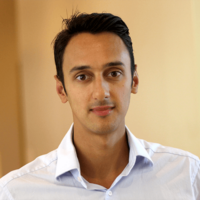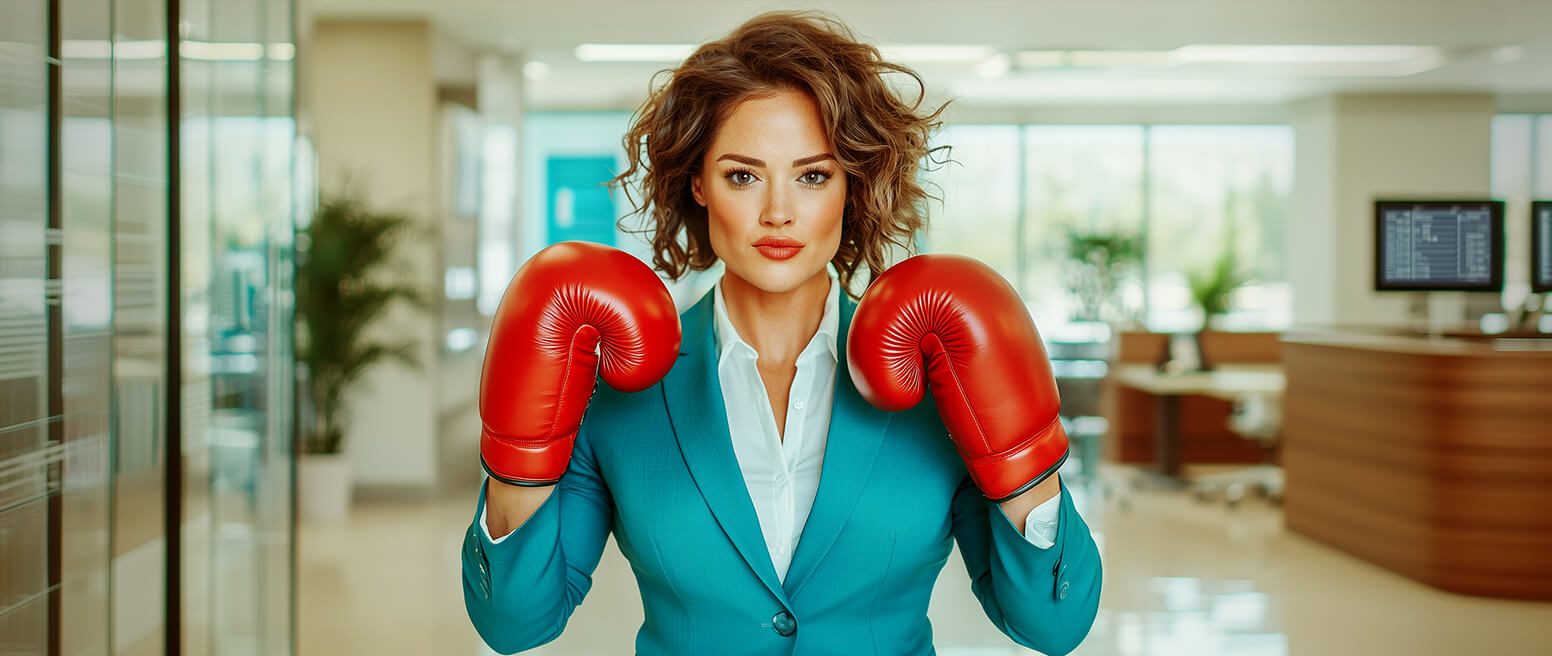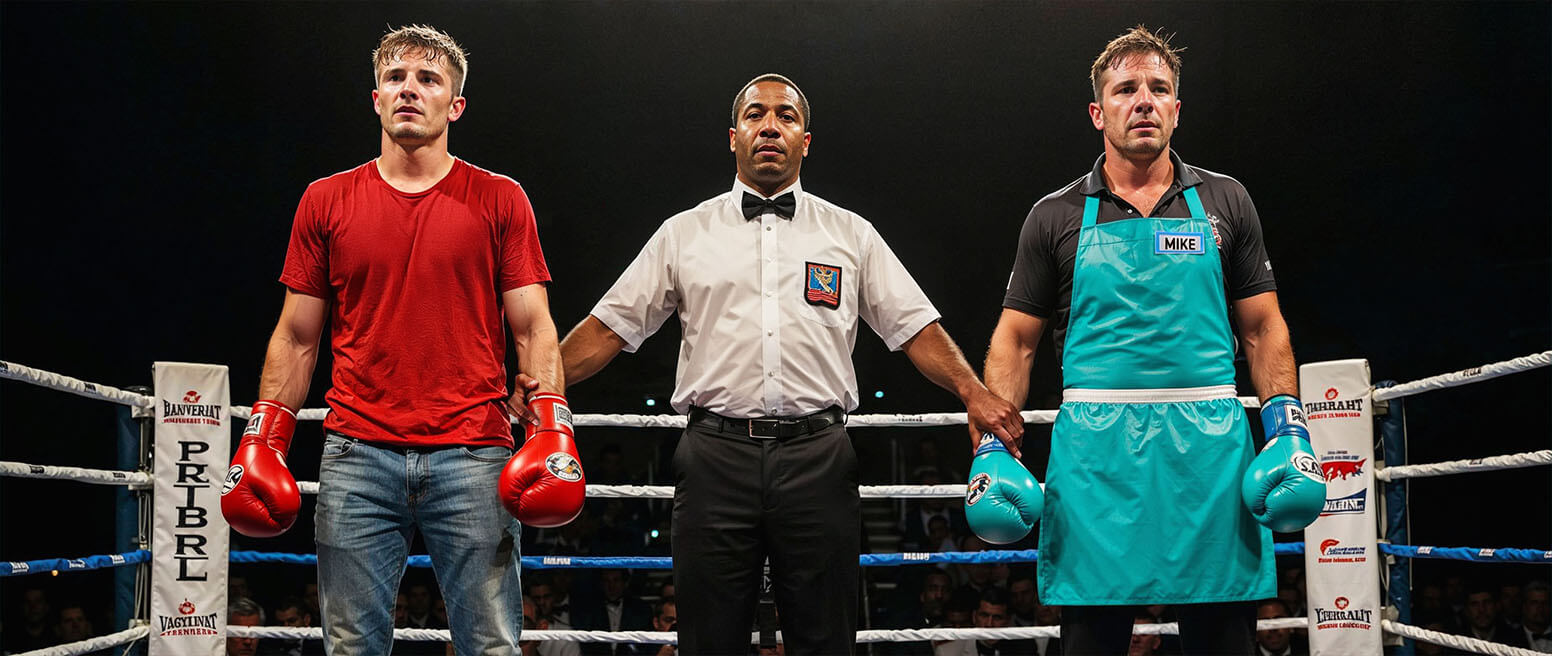Demystifying the Bank Dispute Process for Cardholders & Merchants
Let’s say you’re a cardholder. You take a look at your statement, and see a transaction you don’t recognize. You panic, assuming you’ve been the victim of fraud, and call your bank to inquire about the situation.
The good news is that you have the option to file a bank dispute. The bank may then issue a chargeback in response.
Chargebacks are a convenient way for cardholders to recover their money in the event of fraud or if a seller didn’t deliver on what they promised. However, the rules and procedures aren’t quite as simple as it may seem at first. For more clarity, let’s take a look at the whole process from start to finish.
Recommended reading
- Payment Reversals: How are Refunds & Chargebacks Different?
- How Do Banks Investigate Disputes on Credit Cards?
- What Happens When You Dispute a Transaction?
- What is a Transaction Dispute? Why Do Customers File Them?
- Authorization Reversals: Lost Sales are NOT Always Bad?
- Dispute Management System: How to Pick the Best Provider
What is a Bank Dispute?
- Bank Dispute
A bank dispute is the process through which a cardholder rejects fraudulent or inaccurate charges on their credit card statement with their issuing bank. This is also known as a chargeback.
[noun]/baNGk • di • spyo͞ot/Chargebacks are a means of protecting consumers against fraud. However, banks are expected to investigate dispute claims before initiating chargebacks.
If a cardholder files a bank dispute, the bank will investigate the claim. They will then decide whether the cardholder’s claim is true, and if a chargeback is justified.
If the bank can clarify the charge to the cardholder's satisfaction, then the matter is resolved. If not, the disagreement over the transaction is intensified into a chargeback, which poses a greater problem for the business involved.
Learn more about disputesSteps of the Bank Dispute Process
The bank dispute process involves six basic steps: initial cardholder dispute, chargeback issuance, merchant notification, merchant response, issuer decisioning, and merchant decisioning. There’s also an optional seventh step — arbitration — if the merchant opts to go above the issuer and appeal to the card network.
Bank disputes are usually initiated by a cardholder. There are a few occasions when a bank may file a chargeback on their cardholder’s account without the buyer’s knowledge. These situations are fairly rare, though.
Each step in the bank dispute process is designed to ensure that disputes are handled fairly and thoroughly, respecting the rights and responsibilities of all involved parties. A typical dispute goes as follows:
Bank Disputes vs. Refunds
Three-quarters of cardholders surveyed for the 2024 Cardholder Dispute Index believe that filing a dispute is basically the same thing as requesting a refund. When we look under the hood, however, these two processes could not be more different.
While refunds are provided directly by the merchant to the cardholder, bank disputes are handled by issuers. And unfortunately, as this side-by-side comparison illustrates, chargebacks are more detrimental to merchants than refunds:
REFUND
- Customer deals directly with merchant
- Goods returned to seller for possible resell
- Merchant often recovers interchange fee
- No damage to merchant’s reputation
- Typically processed within days
- Merchant knows when funds are dispersed
PAYMENT DISPUTE
- Customer complains to the bank
- No incentive to return goods to merchant
- Merchant hit with additional chargeback fees
- Hurts merchant’s chargeback-to-transaction ratio
- May take months to resolve
- Funds taken from merchant with no warning
Valid Reasons for a Bank Dispute
Fraudulent or unauthorized charges, billing errors, defective goods, or non-delivery are all valid reasons for bank disputes.
It’s always preferable for cardholders to try and work out solutions with the merchant directly. This will usually lead to faster resolution. That said, it’s important to understand when a bank dispute is justified, in case no satisfactory solution can be reached:
Invalid Reasons to File a Bank Dispute
None of the above stops invalid chargebacks from being filed, of course. Cardholders may claim that one of the conditions applies even if it doesn’t. This is a practice called “friendly fraud.”
Friendly fraud is not always intentional. Many circumstances could lead to a cardholder accidentally disputing a payment without a valid reason. For example:
- The cardholder doesn’t recognize the merchant’s billing descriptor.
- The cardholder forgot about a recurring payment.
- The cardholder requested a refund, but it took longer than expected.
- The cardholder doesn’t know the difference between chargebacks and refunds.
- The cardholder simply forgot about the purchase.
- The cardholder inquired about a charge, and the bank initiated a dispute on their behalf.
On the other hand, some payment disputes are deliberate chargeback abuse. Some motives for deliberate false disputes include:
- Wanting to avoid a restocking fee
- Experiencing “buyer’s remorse”
- Assuming a dispute will be easier than a return
- Discovering that the return time limit expired
- The buyer simply wanted to “get something for free”
It’s important to note that, from the merchant’s perspective, it really doesn’t matter whether friendly fraud is accidental or deliberate. The negative effects are the same.
Learn more about friendly fraudMerchant Response Process for Bank Disputes
After receiving a bank dispute, merchants should review the claim, gather compelling evidence, submit a response, and wait for a decision.
The bank dispute process is slightly more complicated for merchants than for cardholders.
It can directly impact a merchant’s revenue and affect their relationship with payment processors and banks. But, if the merchant wishes to respond to a dispute, there is a set procedure for this as well. Here's how the process typically unfolds:
Step #1 | Notification of Dispute
The process kicks off for a merchant when they receive a notification from their payment processor or acquiring bank that a customer has disputed a transaction. This notification is the merchant's first indication that they need to gather evidence and prepare a response. It will detail the reason for the dispute and provide a deadline by which the merchant must respond.
Step #2 | Review of the Dispute
Upon receiving notification, the merchant must carefully review the details of the disputed transaction. This involves looking into their records to understand the nature of the purchase, the customer's claims, and any relevant interactions with the customer. This step is crucial for determining the validity of the dispute from the merchant's standpoint and deciding on the course of action.
Step #3 | Gathering Evidence
If the merchant believes the dispute is unwarranted, they must gather compelling evidence to support their case. This evidence can include sales receipts, order confirmations, proof of delivery, records of communication with the customer, and any other documentation that can prove the transaction was legitimate and the product or service was delivered as agreed.
Step #4 | Submitting a Response
Once the evidence is compiled, the merchant submits a formal response to the dispute through their payment processor or bank. This response must include a detailed explanation of why the dispute should be ruled in their favor, supported by the evidence gathered. The merchant's goal here is to demonstrate that the transaction was valid and fulfilled according to the terms agreed upon by the customer.
Step #5 | Bank Review & Decision
This review process can take some time, as it involves a careful examination of the transaction details, the dispute reason, and the documentation submitted. Ultimately, the bank will make a decision either to uphold the dispute, or to reject it, in which case the funds will be returned to the merchant and the bank dispute will be closed.
If the merchant strongly disagrees with the decision and has additional evidence to support their case, they may opt to escalate to arbitration. However, this step will involve additional costs, and is not guaranteed to change the outcome.
Throughout this process, merchants must act promptly and provide comprehensive evidence to support their case. It's also beneficial for merchants to understand the common reasons for disputes and implement practices to minimize them, such as clear communication with customers, detailed descriptions of goods and services, and fraud prevention measures.
How Can Merchants Avoid Bank Disputes?
Bank disputes are not inevitable. Merchants who provide excellent customer service, take steps to prevent merchant billing errors, and offer proactive refunds to disgruntled customers can prevent most valid bank disputes before they’re filed. But, what about invalid disputes?
Merchants can avoid invalid disputes by deploying fraud prevention and notification tools, reviewing suspicious or outlier transactions, blacklisting customers who’ve filed invalid disputes in the past, and securing the checkout process.
Finally, sellers should follow advice from their acquirers and payment processors. These two service providers benefit when merchants experience low chargeback ratios. As a result, most offer free resources and customized advice to merchants interested in preventing bank disputes.
Knowing the true sources of chargebacks can help you stop many disputes before they start. Unfortunately, that information can be hard to come by. The experts at Chargebacks911® understand this. That’s why we offer the most comprehensive dispute management services and products available. Our transparent, end-to-end solutions go beyond prevention to revenue recovery and future growth.
Whatever you need to fight disputes, we can help. Contact us today for a free demo.
FAQs
How long does it take for a bank to process a dispute?
The bank dispute process typically takes between 30 to 90 days to resolve (from the cardholder’s perspective), depending on the complexity of the dispute and the specific policies of the bank and card network in question. However, some cases may be resolved more quickly or take longer if they require extensive review or additional documentation.
What do banks do when you dispute?
When you initiate a dispute, banks review the transaction details, evaluate the evidence provided by both parties and decide whether to reverse the transaction or uphold it based on their findings. This process involves assessing the validity of the claim against the bank's policies and the rules of the card network.
What do banks investigate when you dispute a charge?
Banks investigate the nature of the disputed charge, examining transaction records, merchant information, and any related communications or documentation provided by the customer and merchant to determine if the charge was authorized and accurately processed. This includes verifying the legitimacy of the transaction and assessing compliance with the terms of service.
Why would a bank deny a dispute?
A bank might deny a dispute if their investigation finds the transaction was authorized, correctly processed, or falls within the agreed terms of service, indicating no error or fraud occurred. Additionally, insufficient evidence provided by the disputing party to support their claim can also lead to denial.
What happens when a bank does a dispute?
The cardholder’s bank (“the issuer”) will investigate the dispute to determine who is at fault. If the issuer sides with the cardholder, the bank will initiate a chargeback against the merchant and offer the buyer a provisional credit for the transaction under dispute.
How do banks investigate a dispute?
Banks investigate disputes by examining transaction records, cardholder details, merchant information, and evidence furnished by both parties to determine if fraud occurred and whether a chargeback is warranted. Banks employ a combination of fraud detection tools and human fraud specialists to probe disputes.
How do you win a bank dispute?
Merchants can win bank disputes by engaging in chargeback representment. This regulated process allows sellers to submit evidence and rebuttals that challenge the validity of a dispute. Merchants who successfully fight a bank dispute may be able to recover revenue from the associated transaction.
















